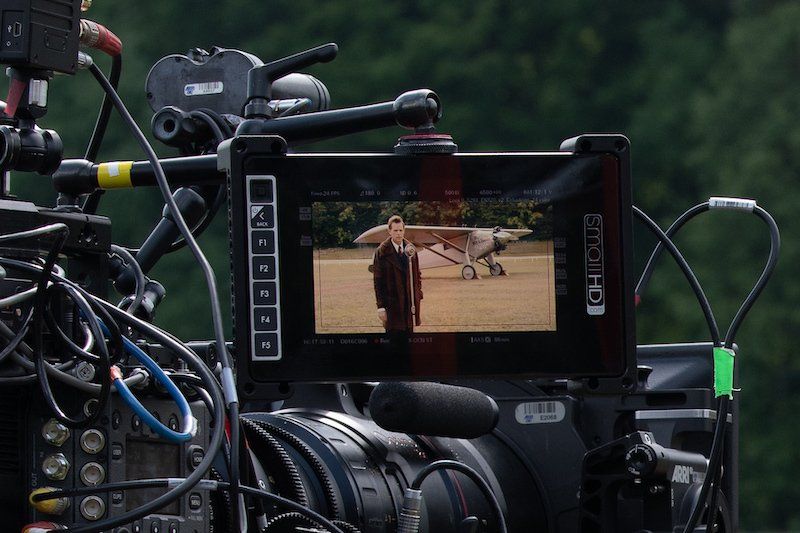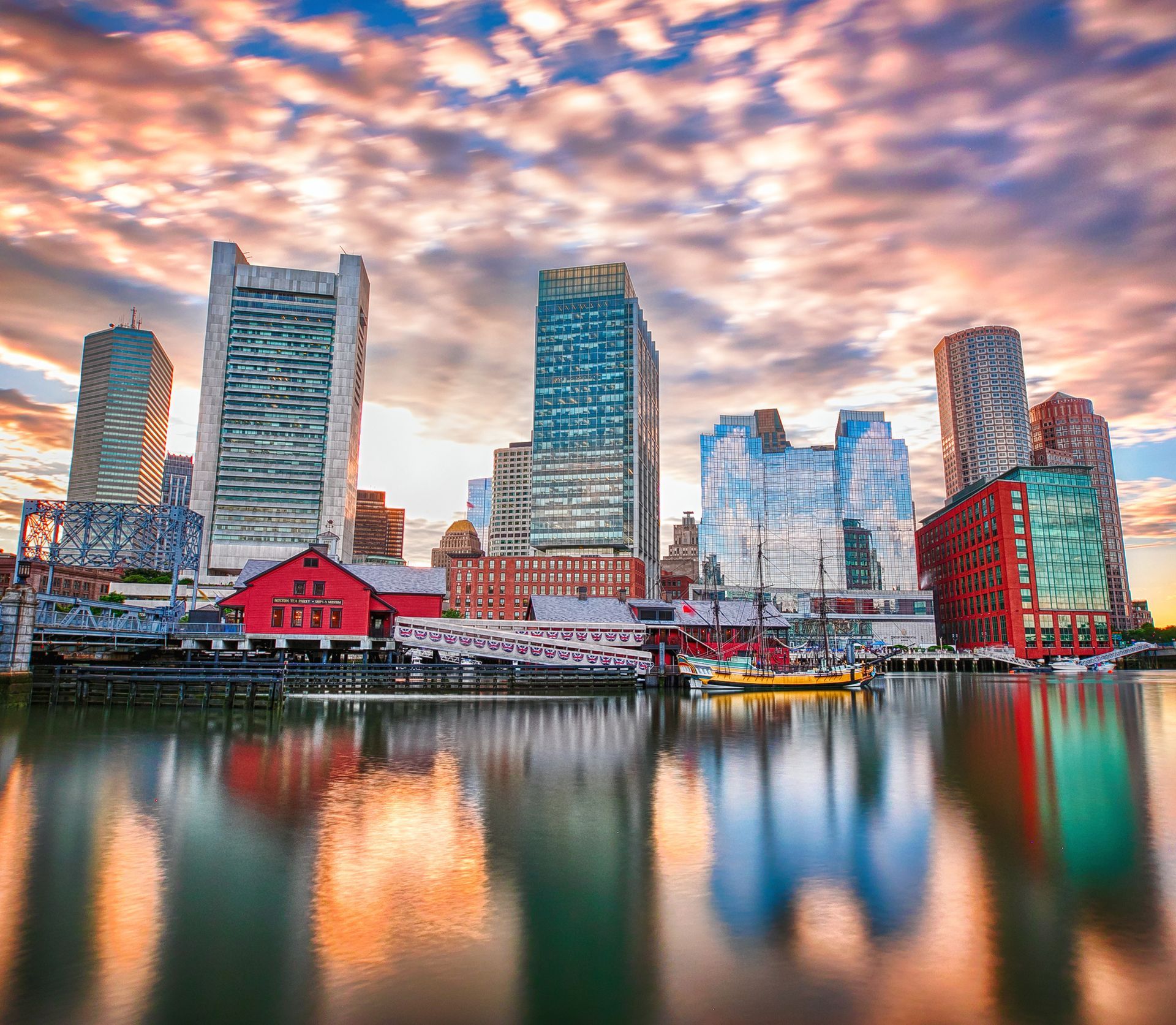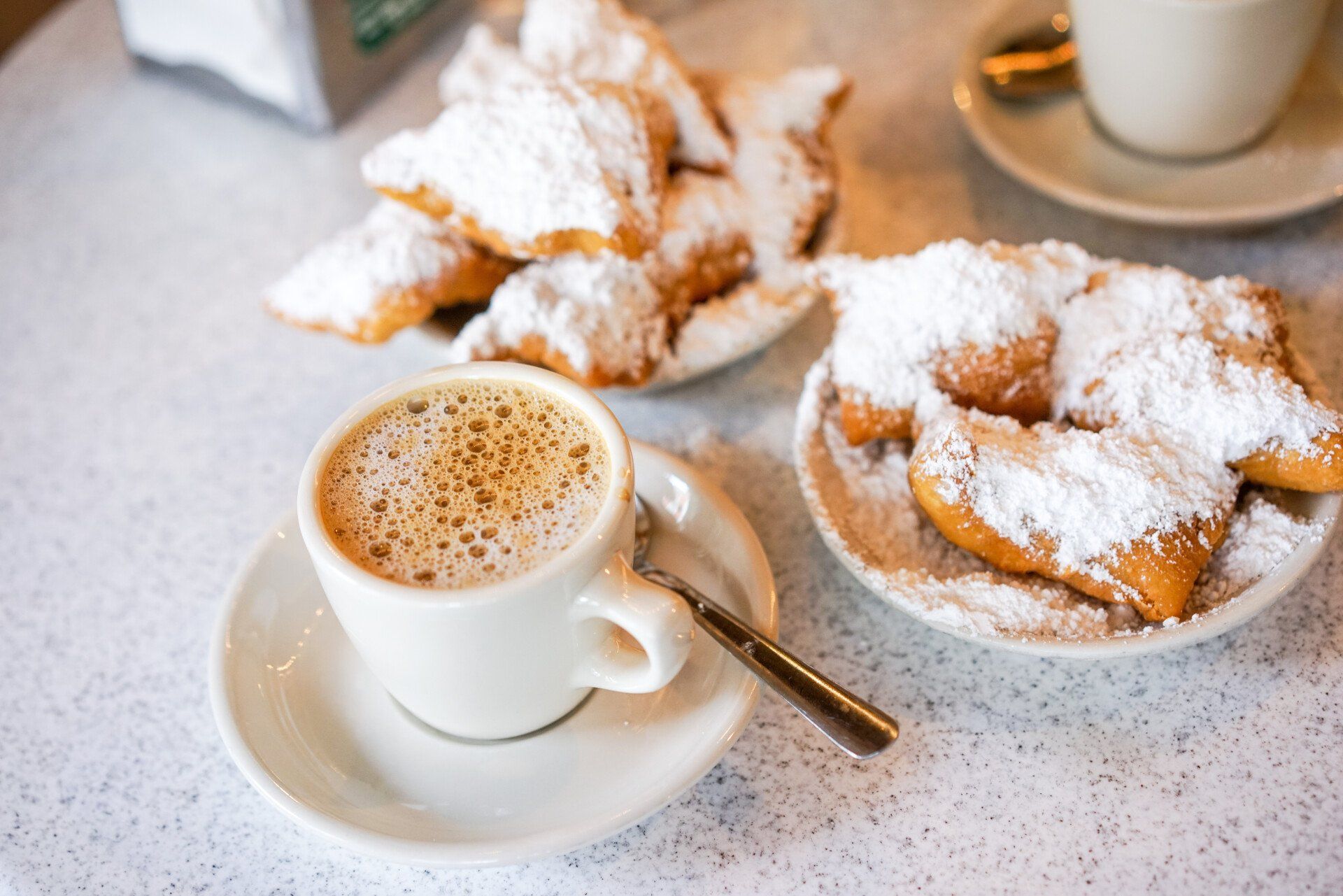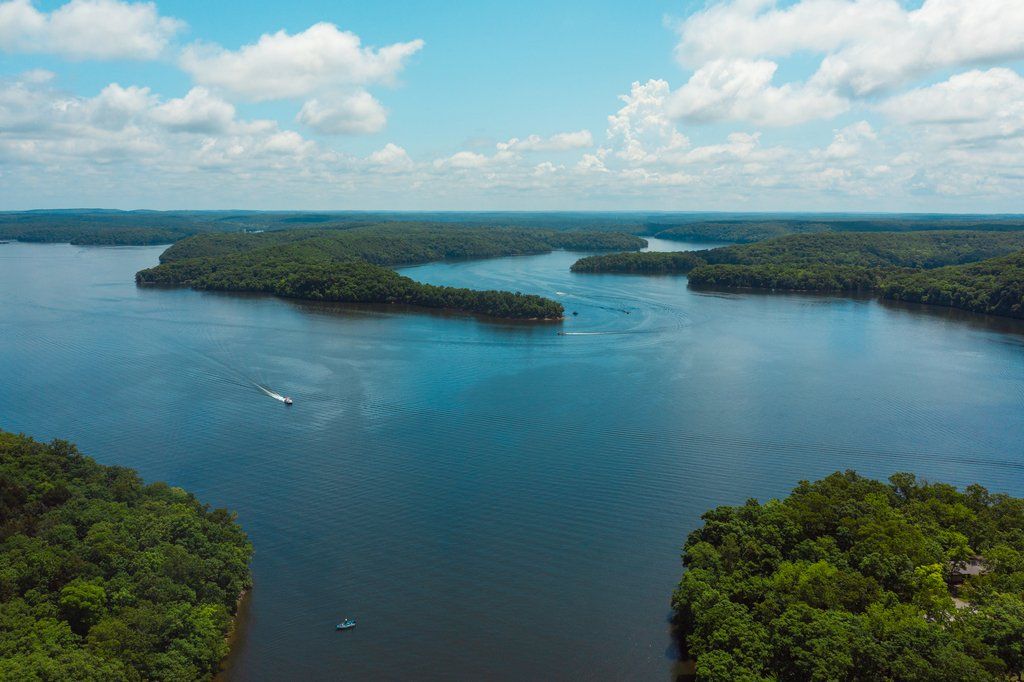HBO Discovers Treasures at Old Rhinebeck Aerodrome: Part I
In their search for the ideal location to recreate historical footage for their TV series The Plot Against America; the HBO production team found themselves in living history heaven at Dutchess County’s own Old Rhinebeck Aerodrome.

The six-part series which premiered March 16, 2020 on HBO, is an adaption of Philip Roth’s book and stars Zoe Kazan, Winona Ryder and John Turturro. The title sequence of each episode contains vintage footage of Charles Lindbergh’s transatlantic flight in 1927. The series’ first two episodes feature scenes filmed on location at the Old Rhinebeck Aerodrome and highlights one of their star attractions, the world’s most authentic flying replica of Lindbergh’s Spirit of St. Louis. We caught up with Stew Sommerville and Ken Cassens at the Aerodrome to learn what it was like to be in the “movie” business and to become such a valuable resource for HBO.
Dawn Hopper, Director of Tour & Travel, at Dutchess Tourism, spoke with Stew Sommerville, the Air Show & Events Manager at the Old Rhinebeck Aerodrome. Here's what he had to say:
HBO calls in March of 2019. I bet they were surprised by what they learned about the Aerodrome. How did things get started?
I described what we had on the call. They were pretty impressed and sent a location scout almost immediately. Aerodrome mechanic and pilot, Ken Cassens, showed them around that first time. They returned 3 or 4 times to take pictures before deciding to film here in July.
The opening sequence in Episode 2, of Charles Lindbergh inside the Spirit flying over Manhattan is incredible. All the little details make it a stunning scene. How did your team and HBO’s production crew pull that off?
The Spirit was the main attraction for HBO. Ken invited the director to sit in the plane to get a sense of the space and what it’s like for a pilot inside the cockpit . Then they sent a team of prop artists who spent two hours taking pictures and measurements of the cockpit interior. They asked a lot of detailed questions about the control panel. Then they created their own prop of the interior to allow for cameras and an actor to sit inside the plane for an accurate Lindbergh point of view. Since our replica matches the exact engine on the Spirit of St. Louis, they also got to sample what the original plane sounded like.

What was involved in the actual filming?
HBO sent a crew of about 100 people. Our team was a handful of volunteers, pilots, and Ken and me. The shots replicated a Spirit landing at a New Jersey airport and Lindbergh making a brief speech. Ken did some fly overs, taxied the plane, and moved the aircraft into different positions for best lighting. Those shots were used in the series, even the wing runners who steer the plane on the ground. Those guys on the field are our volunteers. In fact, volunteer Kurt Muller, plays the man who greets Lindbergh as he exits the plane. Ken also let them add decals to the plane’s cowling of all the countries Lindbergh visited. It was a long day of shooting with multiple takes. Our volunteers loved the whole experience and by the end of the day, they could all recite verbatim the lines of the actor playing Lindbergh.
What do you consider one of the most striking facts about Lindbergh’s transatlantic flight?
Lindbergh was pretty hands on with Ryan who built the plane. And although he had access to state-of-the-art equipment; to save weight, he only used dead-reckoning and star charts to navigate. It was unbelievable but he was only 5 miles off course when he hit the coast of Ireland.
Lindbergh had millions of fans around the world after his flight in 1927. In this day and age, it’s hard to imagine how he became so famous without the internet. What was global super stardom like for Lindbergh?
He really was the equivalent of an international rock star. After the NY to Paris flight, Lindbergh flew from city to city being honored by European dignitaries. Eventually, President Coolidge insisted that he return home to the U.S., so they dismantled the Spirit and sent them back on the U.S.S. Memphis. He received a huge parade in D.C. and a ticker tape parade in New York City. That July he began his Goodwill Tour across the U.S. He visited 82 cities and 23 capitols to encourage communities to construct airports as a commercial enterprise.
How did his flight impact the future of aviation?
He was so popular they named a period of aviation after him, The Lindbergh Era. He used his celebrity to promote the future of aviation and establish the first airlines. In fact, after his flight, you could buy an airplane kit for under a $1,000 (about $15,000 today) and hand build your own plane.
What was Lindbergh like before fame?
He was a Minnesota hayseed, a restless soul, and not a great student. He liked motorcycles. And he was naturally drawn to flying. You had to have strength of character and real courage to fly in those days. As an airmail carrier, he had to fly in rickety planes and in all kinds of weather. That was one of the most dangerous jobs in America at the time. Those pilots had to have real stamina to fly under life threatening conditions. So, that kind of long-distance flying was great preparation for his NY to Paris flight.
Old Rhinebeck Aerodrome has an impressive collection of planes. Would we find any planes there like the ones Lindbergh flew?
Oh yes. There are only about seven original air worthy Curtiss Jennys in the world, and we own one of them. That was what Lindbergh flew. We fly our Jenny in the airshows each season. We also have a Spartan C-3 in our museum which was used as an airmail carrier.
What’s the connection between Lindbergh and your biplane rides at the Aerodrome?
After WWI, there was no avenue for those pilots to continue to have anything to do with aviation in America. Lindbergh used to train pilots and was a strong supporter of barnstorming where pilots would follow the climate and hop from farm to farm performing airshows and giving rides. We operate biplane rides that takes visitors up, as many as four people at a time. You get to wear headgear and aviator glasses, and really get a feel for vintage flying in our 1929 New Standard D-25.
I hear HBO offered high praise about their experience working with the Aerodrome on this project. What kind of feedback did you get?
The production team told me the folks at the Aerodrome were some of the most professional, most patient, and most experienced people they had ever worked with. I credit much of that to our volunteer staff who are just great. As much as Lindbergh was dedicated to promoting the future of aviation, they are committed to preserving the history of aviation.
Photo credit: David Trost










